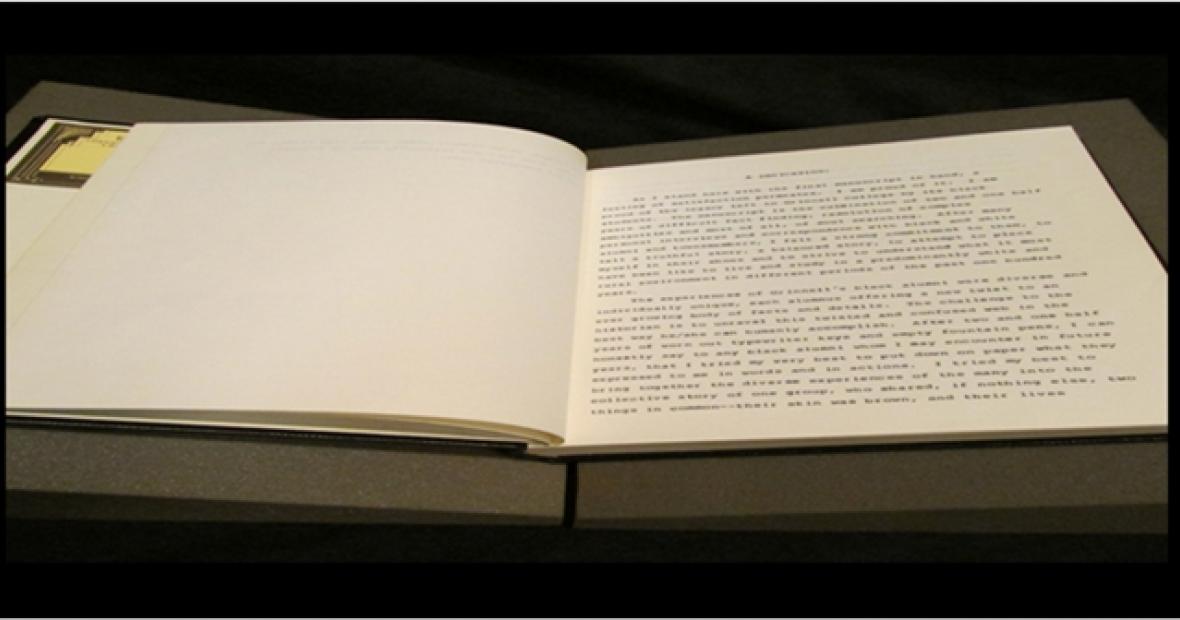The Black Experience at Grinnell College Through Collected Oral Histories and Documents, 1863-1954
Stuart A. Yeager ’85 was a student at Grinnell College when the 120th anniversary of the admission of the first black student was being celebrated in fall of 1983. Yeager gives the student body a composition that helps them fathom the life of a black student in a time when black Americans were looked at as a menace to society. Over the course of two and a half years to get the information needed for his manuscript, Yeager had personal interviews with black and white alumni of Grinnell College and towns members of Grinnell and got most of his information about the school from the students and going through documents found in the libraries. This project was inspired by him because he wanted to show his appreciation of the legacy left by black students to Grinnell College.
Yeager believes that the history of blacks in Grinnell prior to 1954 can be divided into three periods of time:
- the ground-breaking era [1863-1913],
- the inter-war years [1918-1937], and
- the Hampton period [1947-1954].
During the fall of 1863, the acting principal of Iowa College was faced with a difficult decision of deciding if they were going to admit the institution’s first black student. He wrote to the Trustees for help with the decision; feelings differed between the Trustees but in the end they decided to admit the student. Although the first black student was admitted in 1863, Hannibal Kershaw 1879 became the institution's first black graduate. Today, a dormitory on East Campus is named after Kershaw. Between 1931 and 1937, the institution had only one black student on the campus, and then there was none enrolled between 1937 and 1947. To enhance the amount of black bodies on campus, the institution began the Hampton Exchange Program [1947-1954] which brought in up to three black students each spring semester. The institution enrolled forty-two students during that period.
We encourage anyone with an interest to drop by Special Collections and look Yeager’s work in person. Special Collections and Archives summer hours are 1–4:30 p.m. Monday through Friday and mornings by appointment.

